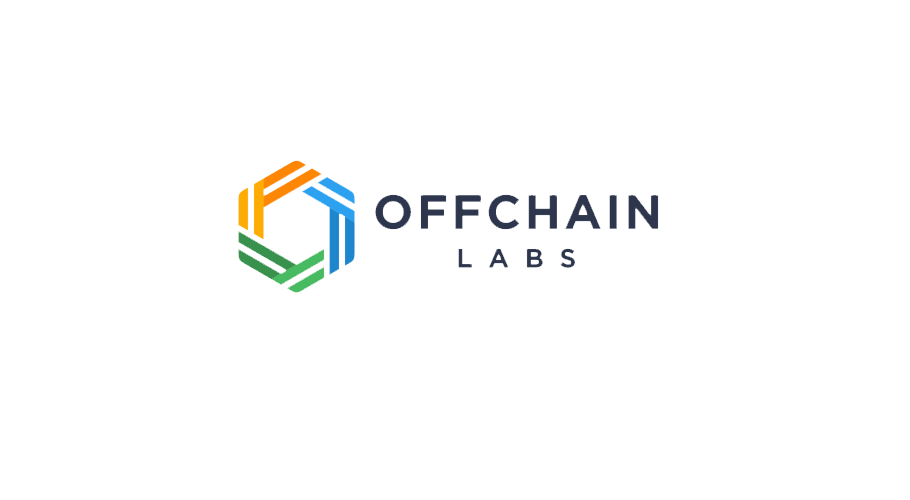Offchain Labs, led by a former White House technologist and a team of U.S.-based academics, today announced the completion of the code and whitepaper for its smart contract scaling and privacy layer, Arbitrum.
The open-source software addresses the concerns of major businesses and enterprises wanting to build business-ready applications on the blockchain without sacrificing transaction speed or privacy. During its April 2019 seed round, Offchain Labs garnered $3.7 million in support from leading investor Pantera Capital, as well as additional backing from Compound VC, Blocknation, Stone Bridge Ventures, and others.
While an April 2019 study found that 61% of major global digital firms are investing in blockchain technology, the vast majority of available platforms face the same significant challenges in scalability and privacy. The more users involved within a network, the slower the system moves, defeating the original purpose of developing a flexible widely-used system like the internet and Web 2.0.
As for privacy, the nature of an immutable record ledger, i.e. the nature of simple blockchains, means an unchangeable record of data, visible to all. While this is an attractive attribute for a monetary system, it is essential for enterprises that the inner-workings of their business remains private and unavailable to the public.
“Smart contracts have quickly become a radical innovation towards automating business processes. However, smart contracts today lack speed and privacy. Our Arbitrum solution that we’re extremely excited to release integrates seamlessly through an easy-to-use compiler to finally bring private transactions and scalability to the world of smart contracts.”
With Arbitrum, Offchain Labs provides a second layer to decentralized applications, enabling businesses to refocus their efforts on user experience, another well-known shortcoming of dApps. Artbitum also offers an AnyTrust Guarantee that distinguishes the solution from other private chain or sidechain solutions. The AnyTrust Guarantee, built directly into the software, ensures that as long as a single validator is online and acting honestly, the dApp will execute correctly, even if all other validators attempt to cheat the system.
While this first version of Arbitrum will run code written in Solidity, a future release will include a multi-language compiler toolchain, allowing wider-known programming languages like C/C++, Go, and Rust to be compiled to Arbitrum. This is a necessary step in the on-boarding of large enterprises, many of which have in-house developers unfamiliar with the Solidity programming language, which has the sole use of enabling the writing of smart contracts.
